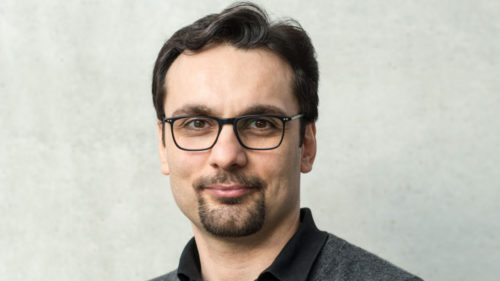Operating state of the art technologies
DRFZ contributions to fighting COVID-19
Decoding immune responses against SARS-Cov2 at the level of individual immune cells.
With its technological expertise the DRFZ has a unique arsenal to explore the immunity against the corona-virus and the generation of monoclonal antibodies against SARS-Cov2. Here is an overview:
- State of the art technologies for identification, isolation, analysis and use of single human immune cells from blood and tissue (fluorescence-based and mass cytometry, fluorescence-based and magnetic cell sorting (MACS technology)
- The DRFZ has developed worldwide unique methods for the identification of inflammation-associated monocytes (Siglec-1), virus-specific NK cells, reactive T lymphocytes (ARTE technology), reactive B lymphocytes and plasma cells (HLA-DR).
- Platform for global investigation of such cells on single-cell level (single-cell omics, CITE-Seq, antigen receptor repertoire, bioinformatics)
Publications with DRFZ contribution
To investigate the development of immunity against Sars-Cov-2-infections, two at the DRFZ developed methods to enrich and study rare antigen-specific T cells were utilized:
SARS-CoV-2-reactive T cells in healthy donors and patients with COVID-19 (nature)
Julian Braun, Lucie Loyal, Marco Frentsch and Claudia Giesecke-Thiel and Andreas Thiel (all former DRFZ members), professor at the BCRT in Berlin now have shown that in people who have never had contact with the SARS-Cov2 virus, memory T helper cells with cross-reactivity between common corona viruses and the SARS-Cov2 virus exist.
Pre-existing T cell memory as a risk factor for severe 1 COVID-19 in the elderly (medRxiv)
Using the ARTE-technology developed at the DRFZ, Petra Bacher and Alexander Scheffold, former members of the DRFZ, have shown that pre-existing SARS-CoV2 specific memory T cells not always protect from severe Covid-19 symptoms, they could even become a risk factor for severe Covid 19 in the elderly. Both researchers are now professors at Kiel University.
Contact at the DRFZ:


 Deutsch
Deutsch